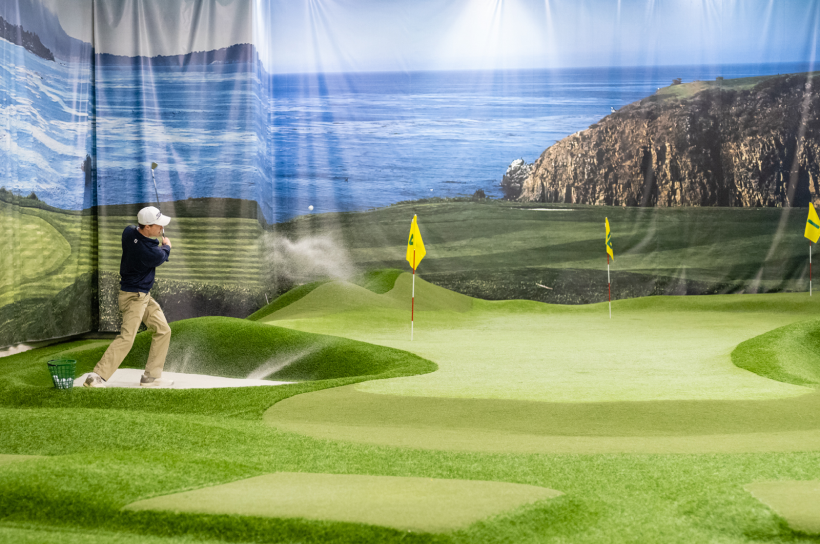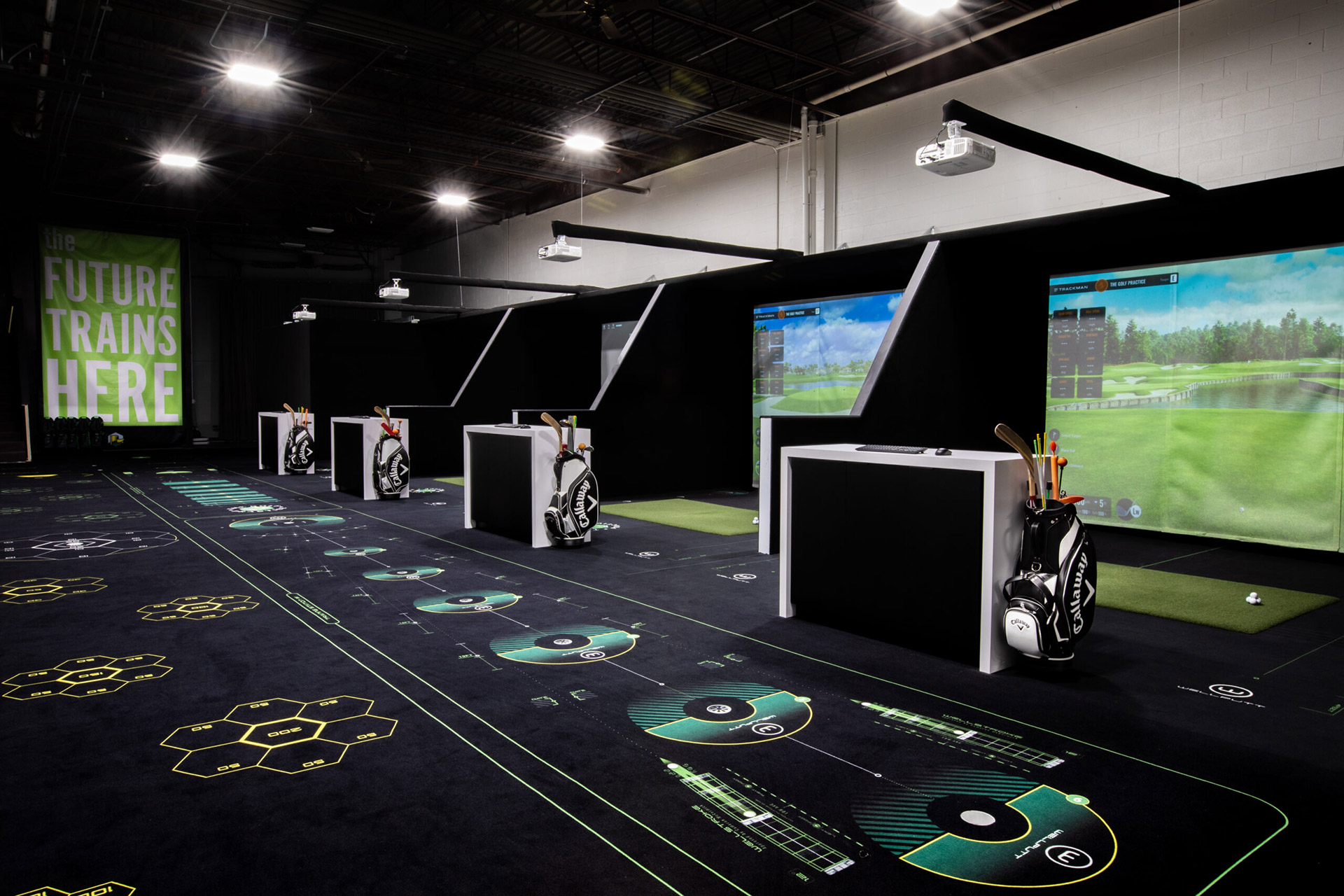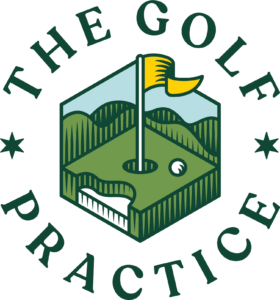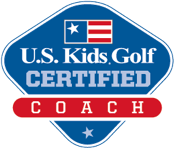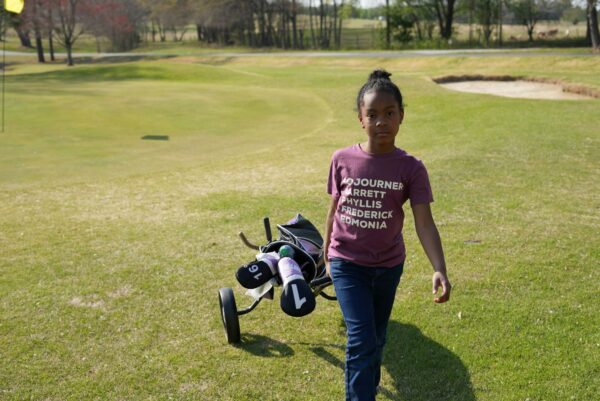
Golf is more than just a sport – it’s a journey that teaches valuable life lessons in patience, integrity, and perseverance. As a parent, your role in supporting your young golfer’s development is crucial. This comprehensive guide will help you navigate the path to nurturing your child’s golfing passion while maintaining a healthy balance.
Understanding Your Child’s Golf Journey
Every young golfer’s path is unique. Some children show natural talent early on, while others develop their skills gradually. What matters most is fostering a positive environment that encourages growth and enjoyment of the game.
Signs Your Child is Ready for Golf
- Physical Readiness: Your child should have basic hand-eye coordination and the ability to maintain focus for short periods. Children show these capabilities between ages 5-7.
- Interest Level: They should show genuine excitement about playing or learning about golf, rather than feeling pressured to participate.
Creating the Right Learning Environment
The key to developing a young golfer lies in providing the right blend of professional instruction and practice opportunities. At The Golf Practice, our indoor facilities in Highland Park and Lisle offer year-round training environments perfect for young golfers.
Structured Learning vs. Free Play
Finding the right balance between structured lessons and casual practice is essential. Young golfers need both to develop their skills and maintain their enthusiasm for the game.
Essential Equipment and Setup
Starting Equipment
Getting the right equipment is crucial but doesn’t need to be expensive. Focus on:
- Properly Fitted Clubs: Junior clubs that match your child’s height and strength level
- Comfortable Golf Attire: Breathable clothing and well-fitting golf shoes
- Basic Training Aids: Alignment sticks and practice balls for home use
Supporting Your Young Golfer’s Development
Mental Game Development
Golf is as much mental as it is physical. Help your child develop:
- Patience: Celebrate small improvements and teach them that progress takes time
- Emotional Control: Guide them in managing frustration and maintaining composure
- Goal Setting: Work together to set realistic, achievable goals
Avoiding Common Parental Pitfalls
Maintaining Perspective
Remember that your child’s golfing journey should be enjoyable. Avoid these common mistakes:
- Over-coaching: Trust their instructors and avoid giving conflicting technical advice
- Result Focus: Emphasize effort and improvement over scores and winning
- Pressure: Let your child set their own pace and level of commitment
Building a Practice Routine
Effective Practice Habits
Quality practice is more important than quantity. Structure practice sessions to include:
- Short Game Focus: Spend 50% of practice time on putting and chipping
- Skill-Building Games: Make practice fun with target-based challenges
- Regular Breaks: Keep sessions short and engaging for younger players
The Role of Indoor Training
Year-round development is possible with indoor training facilities. The Golf Practice’s locations in Highland Park and Lisle provide:
- Weather-Independent Practice: Consistent training regardless of outside conditions
- Advanced Technology: State-of-the-art simulators and analysis tools
- Professional Instruction: Access to experienced coaches who understand junior development
Conclusion
Supporting a young golfer requires patience, understanding, and the right resources. By focusing on creating a positive environment, providing appropriate equipment, and maintaining a balanced approach to development, you can help your child thrive in their golf journey.
Remember that every child develops at their own pace, and the most important aspect is that they enjoy the game. With the right support system and access to quality facilities like The Golf Practice, your young golfer can develop both their skills and a lifelong love for the sport.
